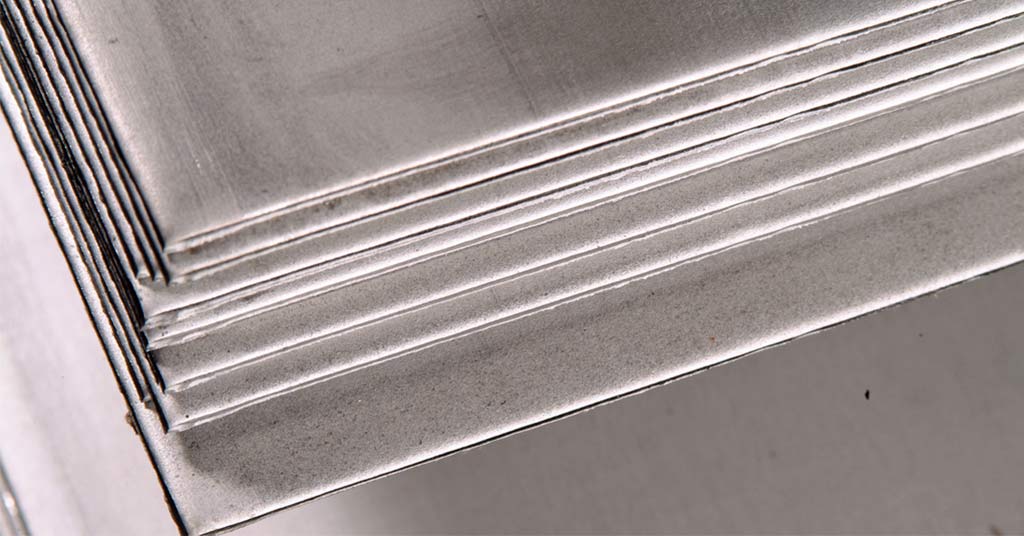Welcome To ChemAnalyst

Europe: The EU has approached Aluminium and Zinc companies to explore the possibility of manufacturing Gallium and Germanium, which are critical components for semiconductor production. In light of China's decision to restrict exports of these two metals, Brussels, Washington, and Tokyo have been searching for alternative sources of materials outside of Asia's largest economy. As part of this effort, the EU has reportedly asked Mytilineos Energy & Metals, a Greek Aluminium producer, to investigate producing Gallium as a by-product at its refinery in Crete.
Nick Keramidas, Executive Director of EU Affairs at an unnamed organization, confirmed that the EU has contacted them to evaluate how alumina refineries can help find a solution to the current crisis. The article explains that the EU relies heavily on China for 71% of its Gallium and 45% of its Germanium, which are key components in chipmaking, solar cells, and optic fibers. This is significant because there are few companies outside of China capable of producing these high-purity metals.
Europe metals sector is facing a challenging situation as the region struggles with high energy costs and inflation. This has resulted in many smelters going offline, making it difficult for companies to invest in Gallium production without adequate state support. Gallium is a crucial component in several industries, including chipmaking and solar photovoltaic cells. However, due to the problematic conditions, investing in a side-product like Gallium might seem impractical when the main commodity cannot be produced competitively. Experts have noted that China's influence on the market can be a significant factor in decision-making for Europe's metals industry. Similar concerns were raised when China cut magnesium production in 2021 due to energy shortages, prompting efforts to boost domestic production in the EU.
Several companies are exploring ways to enhance the region's resilience for Germanium and Gallium, as confirmed by Eurometaux - the EU's trade organization for non-ferrous metals. However, the organization cautioned that this issue requires a broader industrial policy discussion. Eurometaux further stated that magnesium was in the geopolitical spotlight last year, and it is unclear which metals will be under scrutiny in the future. Eurometaux is a European association for non-ferrous metal producers, transformers, and recyclers, with an extensive network of members that include national federations and commodity associations within Europe and internationally. Its primary goal is to promote the development of the non-ferrous metals industry's entire value chain in the EU and drive sustainable growth in communities.
We use cookies to deliver the best possible experience on our website. To learn more, visit our Privacy Policy. By continuing to use this site or by closing this box, you consent to our use of cookies. More info.
